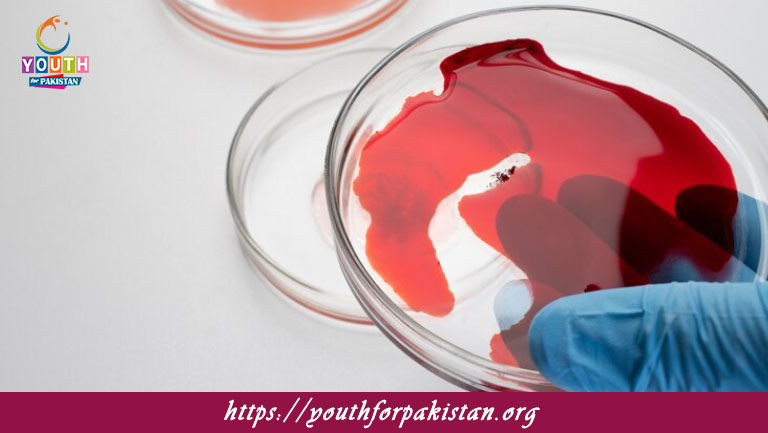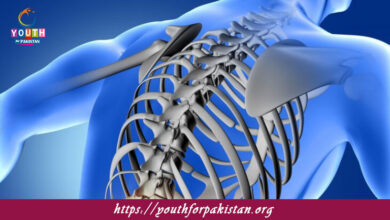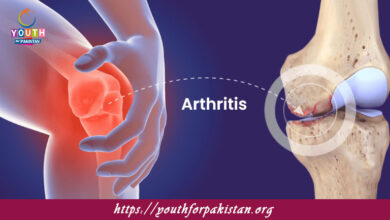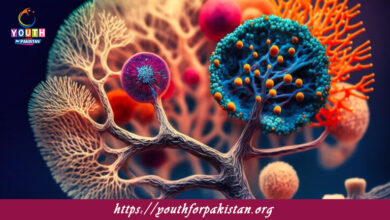Genetics Of Hemophilia MDCAT Quiz with Answers

Genetics Of Hemophilia MDCAT Quiz; Hemophilia is a genetic disorder that affects the blood’s ability to clot properly, leading to excessive bleeding even from minor injuries. It is primarily an X-linked recessive disorder, meaning that the gene responsible for hemophilia is located on the X chromosome. This condition predominantly affects males because they have only one X chromosome (XY), so they express the disorder if they inherit the affected X chromosome from their mother. Females have two X chromosomes (XX), so they must inherit two copies of the defective gene to express the disorder, though they can be carriers with just one affected X. Understanding the genetics of hemophilia is crucial for MDCAT students as it is an important topic in human genetics and inheritance patterns. The MDCAT Quiz on genetics of hemophilia will help you grasp the inheritance patterns and how this disorder is passed down through generations.
Inheritance Pattern of Hemophilia
Hemophilia is inherited in an X-linked recessive pattern; hence, the defective gene is located on the X chromosome. Males, having only one X chromosome, will be affected by the disorder if they inherit the X chromosome carrying the hemophilia gene from their mother. Females, to have hemophilia, need to inherit two copies of the defective gene—one from each parent. Males cannot pass the disorder to their sons because they give them their Y chromosome, not the X chromosome. They, however, can pass on the affected X chromosome to all their daughters; thus, the daughters become carriers. Females pass on the defective gene to both their sons and daughters. Sons of an affected X chromosome will have hemophilia, while daughters are carriers if they inherit one defective gene. This question type on the MDCAT Quiz will test your knowledge about these patterns of inheritance, predicting the likelihood of hemophilia among the offspring, given parental genotypes.
Types of Hemophilia
There are various types of hemophilia; the most common are Hemophilia A and Hemophilia B.
Hemophilia A results from a deficiency of factor VIII, a protein necessary for blood clotting. This condition is the most common type and accounts for about 80% of cases.
Hemophilia B, also known as Christmas disease, results from a deficiency of factor IX, another clotting protein. Both disorders have the same X-linked recessive inheritance pattern.
The severity of hemophilia depends on the level of clotting factor in the blood. Individuals with severe hemophilia have very low levels of the clotting factor and are at risk for spontaneous bleeding, while those with mild hemophilia have higher levels of clotting factor and may only bleed excessively after injury or surgery. The MDCAT Quiz will test your understanding of the distinctions between the types of hemophilia and their genetic basis.
Molecular Basis of Hemophilia
At the molecular level, hemophilia results from mutations in the F8 gene (for Hemophilia A) or the F9 gene (for Hemophilia B), both located on the X chromosome. These genes encode proteins crucial for the blood clotting cascade—a series of chemical reactions that ultimately lead to the formation of a blood clot. The mutation in one of these genes leads to the absence or generation of a dysfunctional clotting factor; therefore, clot formation becomes impossible. The MCAT Quiz will test your understanding of the molecular mechanisms behind hemophilia and how these mutations affect the blood clotting process.
Diagnosis and Genetic Testing for Hemophilia
Diagnosis of hemophilia is usually through blood tests, which measure clotting factors present in the blood. Genetic testing identifies mutations in either the F8 or F9 genes. Genetic testing is especially helpful in carrier detection among females and prenatal diagnosis for families with a history of hemophilia. Carrier testing involves checking females who do not have the disorder but who may be carriers of the gene for hemophilia. Prenatal testing will determine if a fetus has inherited the gene for hemophilia, especially in families with a known history of the disorder. The MDCAT Quiz will test your knowledge of diagnostic procedures and genetic testing methods used in hemophilia.
Management and Treatment of Hemophilia
There is no cure for hemophilia, but it can be managed with replacement therapy, where the missing clotting factor is infused into the bloodstream. This prevents and controls bleeding episodes. Gene therapy is being explored as a possible treatment for hemophilia in some cases, with the hope of providing long-term solutions by introducing a functional copy of the defective gene. Patients with hemophilia need to be very careful not to get injured and may require regular treatment to keep their level of clotting factor up. The MDCAT Quiz will test your knowledge about the treatment options and the difficulties involved in the management of hemophilia.
Genetic Counseling and Hemophilia
Genetic counseling can be a tremendous benefit to families with hemophilia. It enables them to understand inheritance patterns, the chance of passing on the condition, and testing options available. Genetic counseling gives parents reproductive options, including prenatal testing, if hemophilia is already a part of the family history. Carrier testing of women can also be very informative in relation to a woman’s risk of transmitting the hemophilia gene to her children. Prepare yourself for the real-world application of genetic counseling principles regarding the genetics of hemophilia through this quiz on the MDCAT.
Take an MDCAT quiz on the genetics of hemophilia to consolidate your knowledge on how this disorder is inherited, along with the molecular mechanisms involved. In addition, it will include questions on the inheritance pattern, types of hemophilia, genetic testing methods, and treatment options available for hemophilia. The use of free flashcards will allow reviewing key concepts related to the genetics of hemophilia, thus forming a solid foundation that will prepare you well for your MDCAT exam.

If a carrier female of hemophilia (X^H X^h) has a son, the son has a _______ chance of having hemophilia.

If a hemophilic man (X^h Y) marries a carrier woman (X^H X^h), what is the probability that their daughter will have hemophilia?

In a cross between a carrier female of hemophilia (X^H X^h) and a normal male (X^H Y), their sons will have a _______ chance of having hemophilia.

If a mother is a carrier for hemophilia and the father has hemophilia, the probability of their son inheriting hemophilia is _______.

A woman with hemophilia and a man with hemophilia will have a _______ chance of having an affected son.

If a mother is a carrier of hemophilia and the father is normal, the chance of their daughter being a carrier is _______.

If a hemophilic woman (X^h X^h) marries a normal man (X^H Y), their sons will _______ have hemophilia.
Experience the real exam environment with our expertly designed collection of over 25,000 MCQs MDCAT Mock Tests.





